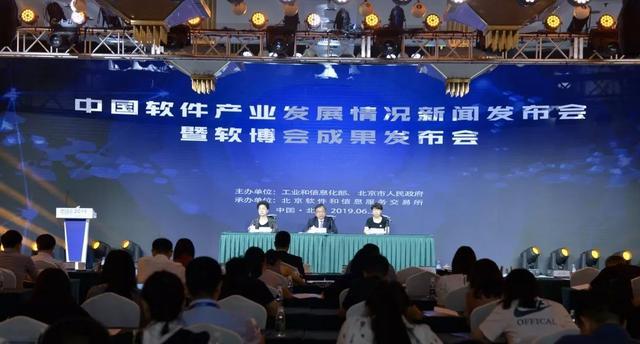

NEWS
CONTACT US
Endela Electronics (Shenzhen) Co., Ltd.
Fax: + 86 - 755 - 8524 0865
Email: wade@endela.cn
Address: Building A5, Loul Gang Blue Sky Technology Park, Songgang, Bao'an District, Shenzhen
The white paper points out that blockchain will become an indispensable choice for privacy computing products.
Category:
Industry News
Author:
Source:
http://www.cena.com.cn/ia/20210418/111504.html
Published Time:
2021-04-19
Visits:
1
Privacy computing is a key technological approach to ensuring data security and compliance during data fusion applications. Its business models, application scenarios, technological changes, industry trends, and legal issues are becoming the focus of attention from government, industry, academia, research, and application sectors. Recently, Tencent released the "Tencent Privacy Computing 2021 White Paper", exploring privacy computing from multiple perspectives, including its development background, technological system, key application industries and scenarios, data security and compliance, and future development prospects.
The white paper points out that blockchain will become an indispensable choice for privacy computing products. It enables secure, compliant, and efficient use of data while ensuring data trustworthiness. This is mainly reflected in the following three aspects:
First, blockchain can ensure end-to-end privacy of private computing task data. Through blockchain encryption algorithms, users cannot access transaction information on the network. Verification nodes can only verify the validity of transactions but cannot obtain specific transaction information, thus ensuring the privacy of transaction data. Different levels of privacy protection settings can be applied to data and accounts based on users, business, and trading partners to maximize data privacy protection.
Second, blockchain can ensure the security of data throughout its lifecycle in private computing. Blockchain technology uses a distributed data storage method. All nodes on the blockchain store a complete set of data. If any single node attempts to modify this data, other nodes can use their own saved backups to verify the tampering, ensuring that the data cannot be tampered with or deleted. In addition, the asymmetric and hash encryption technologies used by blockchain effectively guarantee data security and prevent leakage.
Third, blockchain can ensure the traceability of the privacy computing process. The entire process of data application, authorization, and calculation results is recorded and stored on the chain. Information recorded on the chain can be signed and confirmed by other participants, further improving data credibility through hash value verification and matching, enabling rapid identification of information tampering. Based on the recording and authentication of on-chain data, smart contracts can be used to associate relevant on-chain data based on unique identifiers, building data traceability.
The white paper points out that the combination of blockchain and privacy computing can achieve collaborative computing and data privacy protection among multiple nodes without the need to collect and share raw data. It can also address issues such as excessive data collection, data privacy protection, and single-point data storage leakage in large data models. Blockchain ensures the trustworthiness of the computing process and data, while privacy computing ensures that data is usable but invisible. The two complement each other, achieving broader data collaboration.
Keywords:
Data, privacy, computation, block, technology





